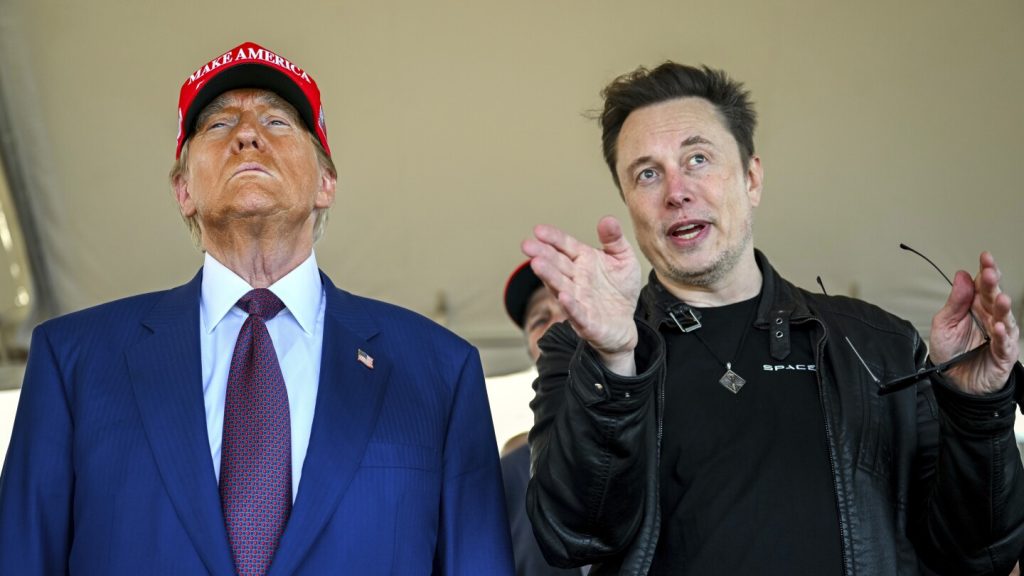President-elect Donald Trump’s ally Elon Musk played a significant role in the rejection of a bipartisan funding proposal that would have prevented a government shutdown. Musk used his influence on social media platform X to rail against the plan, spreading false claims and misinformation about various aspects of the proposal. This incident highlighted Musk’s potential role in government over the next four years, as he demonstrated a willingness to disrupt legislative processes without regard for facts. Political experts noted that Musk’s actions could pose challenges for Trump’s administration, especially when it comes to issues like funding for NASA contracts.
Musk’s objections to the omnibus bill included false claims about congressional salaries, federal funding, and public health preparedness. One of his claims was that lawmakers would receive a 40% raise through the proposal, whereas the actual maximum pay increase was 3.8%. The rejected bill aimed to strike a section that denied members of Congress an automatic pay raise, with a maximum increase of 3.8% equating to approximately $6,600 per year for lawmakers. Musk also shared inaccurate information about the bill providing $3 billion in funding for a potential new stadium for the Washington Commanders, which was later clarified by District of Columbia officials.
In response to Musk’s false claims, District of Columbia Mayor Muriel Bowser clarified that the bill did not contain any funding for the stadium, but rather focused on a land transfer from the federal government to pave the way for a potential new stadium. Musk also incorrectly claimed that the bill funded bioweapon labs, when in fact it provided funding for regional biocontainment research laboratories for biomedical research purposes. Members of Congress expressed disappointment in Musk for spreading misinformation and urged him to fact-check before making public statements. Despite Musk’s efforts to derail the funding proposal, a new spending deal was eventually approved by the House and Senate, with President Joe Biden set to sign it into law.
The rejection of the initial bipartisan funding proposal by Musk’s influence on social media platform X led to a delay in reaching a compromise, ultimately resulting in a weekend session to pass a new spending deal. The House rejected a Trump-backed bill that had been significantly shortened to 116 pages, with bipartisan opposition leading to its failure. Eventually, a third spending deal was approved by both chambers of Congress, allowing the government to avoid a shutdown. This incident highlighted the challenges of governing in an era of social media influence, where powerful figures like Musk can disrupt legislative processes and shape public opinion with false claims. The episode also served as a reminder of previous government shutdowns during Trump’s administration and the consequences of political brinksmanship on essential funding measures.


